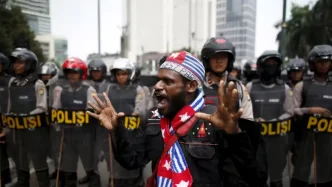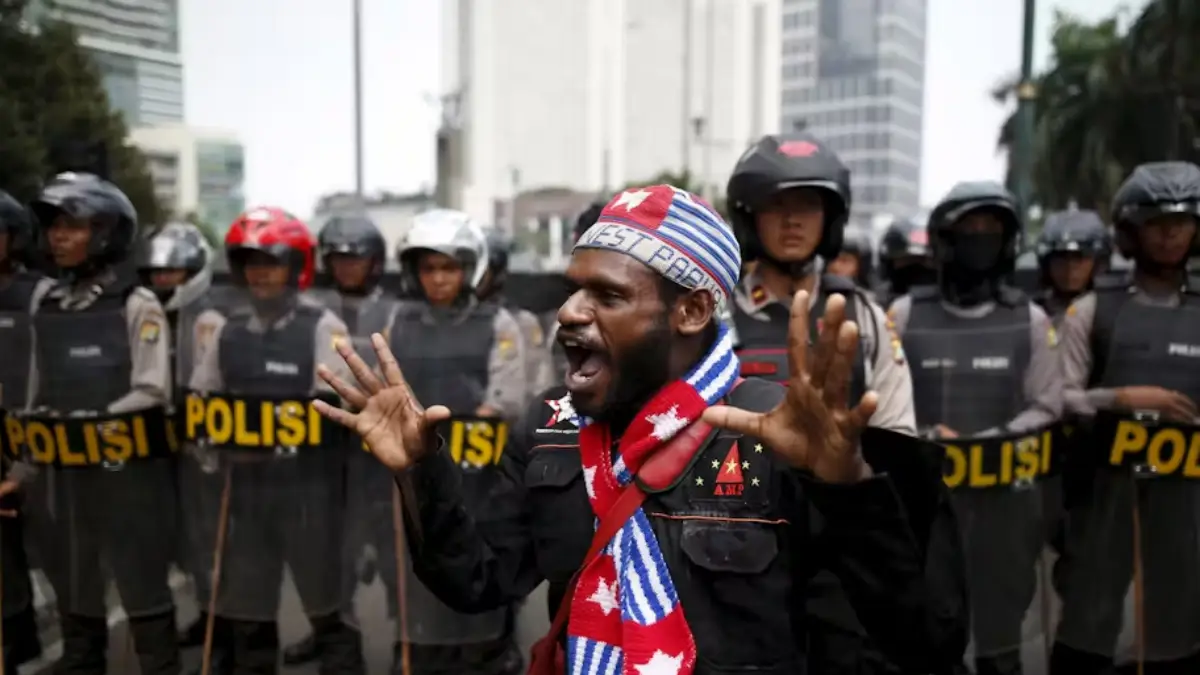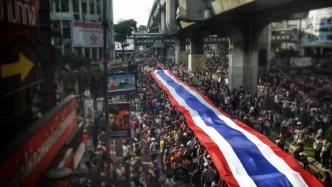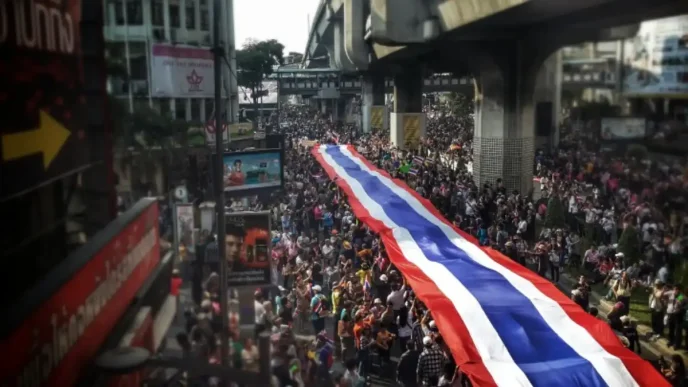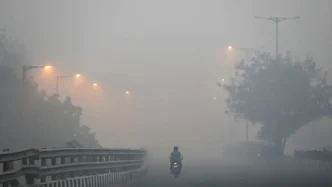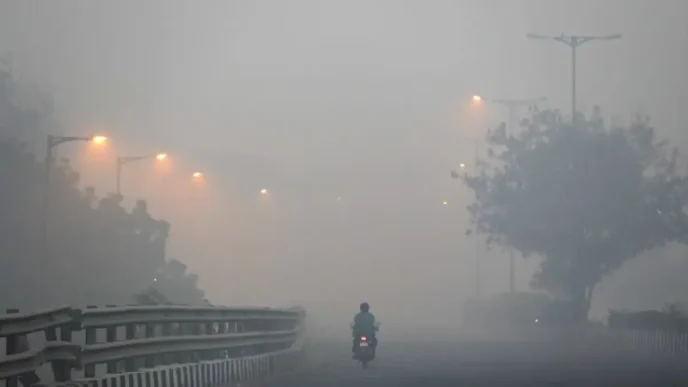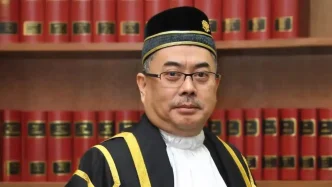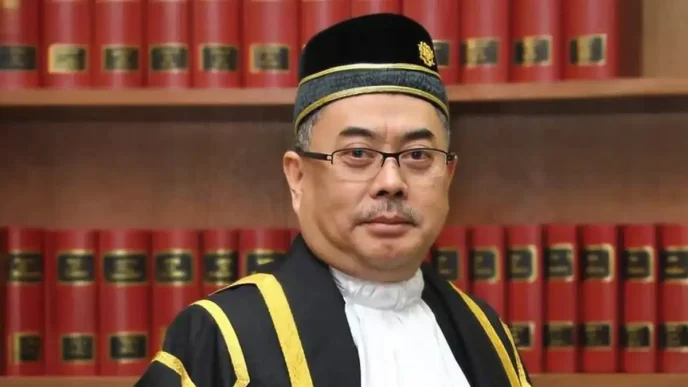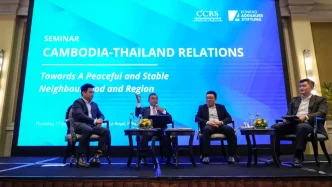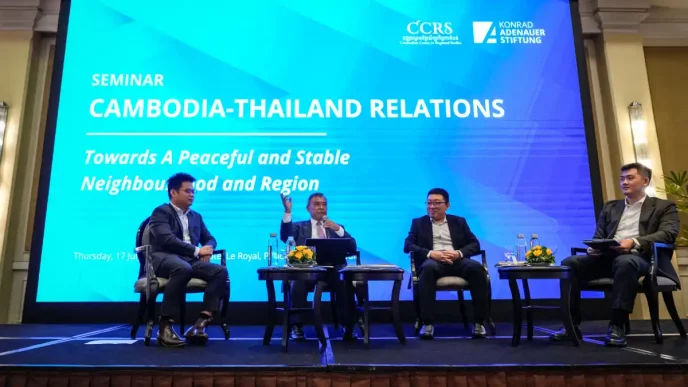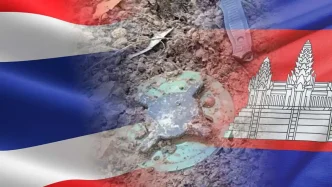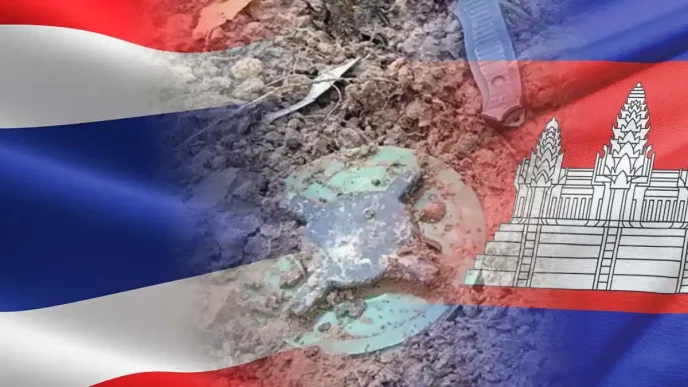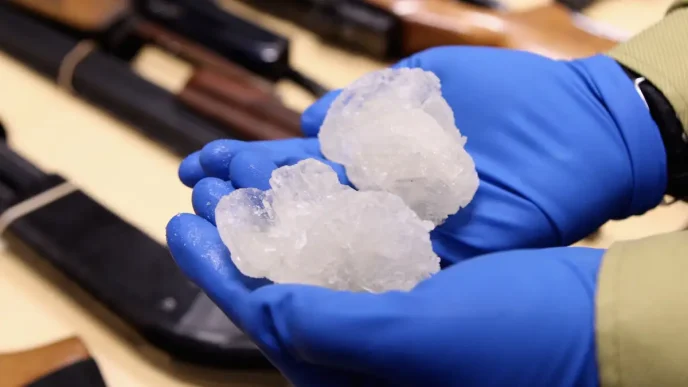In a significant move by the Indonesian administration, Vice President Gibran Rakabuming Raka has been assigned to lead efforts to accelerate development in Papua, a region long plagued by poverty, marginalization, and human rights concerns. This mandate, rooted in the 2021 Papua Special Autonomy Law, positions Gibran at the helm of a special body tasked with addressing systemic issues in the resource-rich territory. However, as political tensions simmer in the capital and historical grievances in Papua remain unresolved, questions linger over whether this initiative will break from the failures of past approaches.
A New Role for a Novice Leader
Gibran, the eldest son of former President Joko “Jokowi” Widodo, steps into this role under intense scrutiny. Having assumed office in October 2024 alongside President Prabowo Subianto, his political inexperience has fueled skepticism about his capacity to tackle one of Indonesia’s most intractable issues. Coordinating Law, Human Rights, Immigration, and Correctional Services Minister Yusril Ihza Mahendra recently announced that the Vice President would oversee the Special Agency for the Acceleration of Development of Special Autonomy for Papua. Contrary to earlier speculation that Gibran would be stationed in Papua—potentially sidelining him from Jakarta’s political core—Yusril clarified that only the agency’s staff will be based in the region, with Gibran managing operations remotely.
This assignment marks the first major responsibility delegated to Gibran by President Prabowo, whose administration has yet to clearly define the Vice President’s broader role in governance. For many observers, this task represents a critical opportunity for Gibran to demonstrate his leadership and silence critics who question his readiness for high office. Yet, the backdrop of political intrigue in Jakarta casts a shadow over his new mandate.
Political Undercurrents and Past Controversies
Gibran’s ascent to the vice presidency was mired in controversy from the outset. His nomination as Prabowo’s running mate in the 2024 election was facilitated by a last-minute change to age eligibility rules by the Constitutional Court, a decision later marred by findings of ethical violations among the justices involved. This ruling, widely perceived as influenced by political maneuvering, has fueled accusations of nepotism given Gibran’s familial ties to Jokowi. More recently, pressure from a group of retired military generals—many of whom supported Prabowo in the 2014 and 2019 elections—has mounted, with calls for the House of Representatives to initiate impeachment proceedings against Gibran over the legality of his candidacy.
While Prabowo is unlikely to back such a motion, whispers of discord between the President and his deputy have grown louder. The resurfacing of old social media posts allegedly linked to Gibran, dating from 2013 to 2019, has added fuel to the fire. These posts reportedly contained derogatory remarks aimed at Prabowo during his earlier presidential bids against Jokowi. Though the authenticity and context of these posts remain unverified through trusted sources, their circulation has intensified speculation about cracks in the administration’s unity.
For now, Gibran’s focus on Papua offers a chance to shift the narrative. But the complexity of the region’s challenges, coupled with his untested political mettle, raises doubts about the potential for meaningful progress.
Papua’s Enduring Struggles
Papua, officially integrated into Indonesia in 1969, has been a persistent source of tension for successive administrations. Despite seven changes in government since integration, the region continues to grapple with deep-rooted issues of poverty, underdevelopment, and allegations of human rights abuses. Its vast natural resources stand in stark contrast to the socioeconomic conditions of its people, with provinces in Papua consistently ranking among the poorest in the country.
Previous governments have poured significant funds into the region under the framework of special autonomy, yet tangible improvements in living standards remain elusive. Reports from local and international outlets highlight rampant corruption and mismanagement of these funds, exacerbated by inadequate oversight from Jakarta. Major infrastructure projects initiated during Jokowi’s tenure aimed to stimulate the local economy, but the benefits have largely failed to reach the broader population.
Moreover, the central government’s security-centric approach has perpetuated cycles of violence. Sporadic armed conflicts continue to claim civilian lives, while the creation of new provinces—seen by some as a divisive tactic reminiscent of colonial strategies—has not delivered the promised efficiency in public services. Without addressing the historical injustices that underpin Papua’s unrest, critics argue that initiatives like the one Gibran now leads are doomed to repeat past failures.
A Top-Down Approach Under Scrutiny
The formation of the special agency under Gibran’s oversight echoes a familiar top-down strategy that has historically yielded little success in Papua. Past vice presidents have been tasked with similar mandates, yet the region’s fundamental problems persist. A key concern is whether the government has engaged in meaningful consultation with Papua’s diverse tribal and community groups before establishing this new body. Without such dialogue, the initiative risks being perceived as another imposition from Jakarta, disconnected from the needs and aspirations of Papuans themselves.
The emphasis on development as a solution also oversimplifies the region’s complex history. While infrastructure and economic growth are vital, they do not address the underlying grievances of marginalization and loss of autonomy that have fueled dissent for decades. The government’s continued reliance on a security framework, rather than a peace-oriented approach, further dims hopes for a lasting resolution.
Can Gibran Chart a New Path?
As Gibran takes on this formidable challenge, the central question is not solely about his capability but whether the administration as a whole is willing to rethink its strategy toward Papua. Historical precedent suggests that without a fundamental shift—prioritizing justice, dialogue, and genuine autonomy—new agencies and development plans will remain superficial fixes. Gibran’s political future may hinge on his ability to convince President Prabowo to adopt a more humane and inclusive path, one that moves beyond militarized responses and token gestures.
For now, many in Papua and beyond are watching with cautious optimism. The Vice President has been given the benefit of the doubt, but only time will tell if this mandate marks the beginning of real change or merely another chapter in a long history of unmet promises. As Gibran navigates both the political currents in Jakarta and the deep-seated issues in Papua, his leadership will be tested on a national stage.
With the eyes of Indonesia—and the international community—fixed on this initiative, the stakes could not be higher. Will this be the moment Papua’s voices are finally heard, or will entrenched patterns of neglect and misunderstanding prevail once more?

